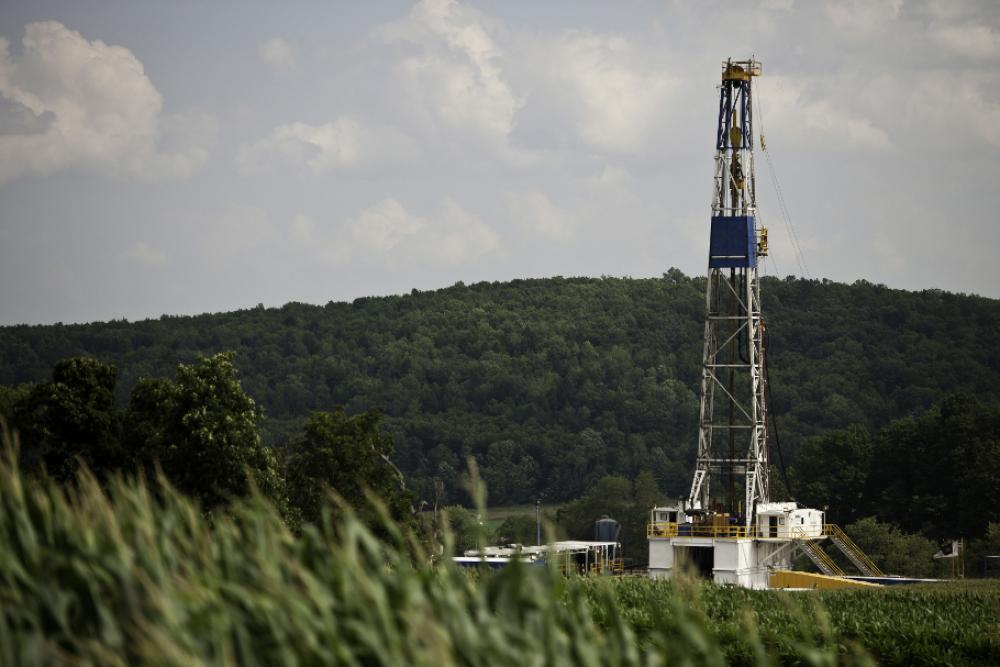Congress is weighing a new natural gas tax that will sting American consumers and all businesses, despite President Biden’s pledge not to increase taxes on working families.
The measure is buried in the massive $3.5 trillion budget reconciliation bill and would enact a new tax on energy production, increasing the cost of American made natural gas used in everything from power generation to steel making to home heating and cooking.
A national energy tax “is simply an unreasonable, punitive tax intended to harm the oil and natural gas industry and consumers, as well as diminish the tremendous economic and environmental benefits derived from the hundreds of thousands of women and men who work directly and indirectly for the industry in the Appalachian Basin,” Marcellus Shale Coalition president David Callahan wrote in a joint letter with the trade association leaders from West Virginia and Ohio.
As currently considered in the U.S. House of Representatives, the natural gas tax is a revenue raising tool – not an environmental regulatory policy – that would be levied across the natural gas value chain. This tax would increase cost of production and transportation, while discouraging safe, responsible energy development – factors that would sting American families in the form of higher energy costs.
“Layering more taxes on strongly regulated domestic energy production increases costs for those who produce and rely on these essential resources, with low-and fixed-income families shouldering the disproportionate share of the tax hike,” Callahan wrote. “The U.S. Energy Information Administration (EIA) calculates that one-third of American households face challenges in meeting their energy needs.”
It is because of these consequences and others that Senator Manchin called for a “strategic pause” on the federal spending plan, and that nearly 65% of suburban voters (and 70% of rural respondents) agree with that pause.
Environmental performance, improving air quality and further reducing all emission sources – particularly methane – is top priority for the industry. Significant progress is being made through market-driven innovations and investments in continuous monitoring technology, equipment improvements, and operational adjustments.
In fact, thanks to the leadership of Appalachian basin producers, this region has the lowest emissions intensity of major shale oil and gas producing areas.
As more natural gas is produced and used, particularly in power generation, the U.S. continues to make meaningful climate progress, alongside significant consumer savings. Pennsylvania has seen a 37% reduction in CO2 tied to the power sector over the last five years, according to the non-partisan Independent Fiscal Office, as natural gas expanded to 52% of generation market share.
Importantly, these environmental gains are not happening at the expense of American family budgets. The IFO data shows Pennsylvanians saw further energy savings as natural gas became the affordable, reliable fuel of choice.
“Amid much of the nation’s energy discussions, state and federal policy priorities should focus on encouraging more domestic production to promote national and energy security and environmental progress,” Callahan wrote to members of the region’s Congressional delegation. “We are proud of the advancements our industry has made in air quality and environmental stewardship, and we remain committed to further reducing emissions in the fastest, most efficient way possible.”





